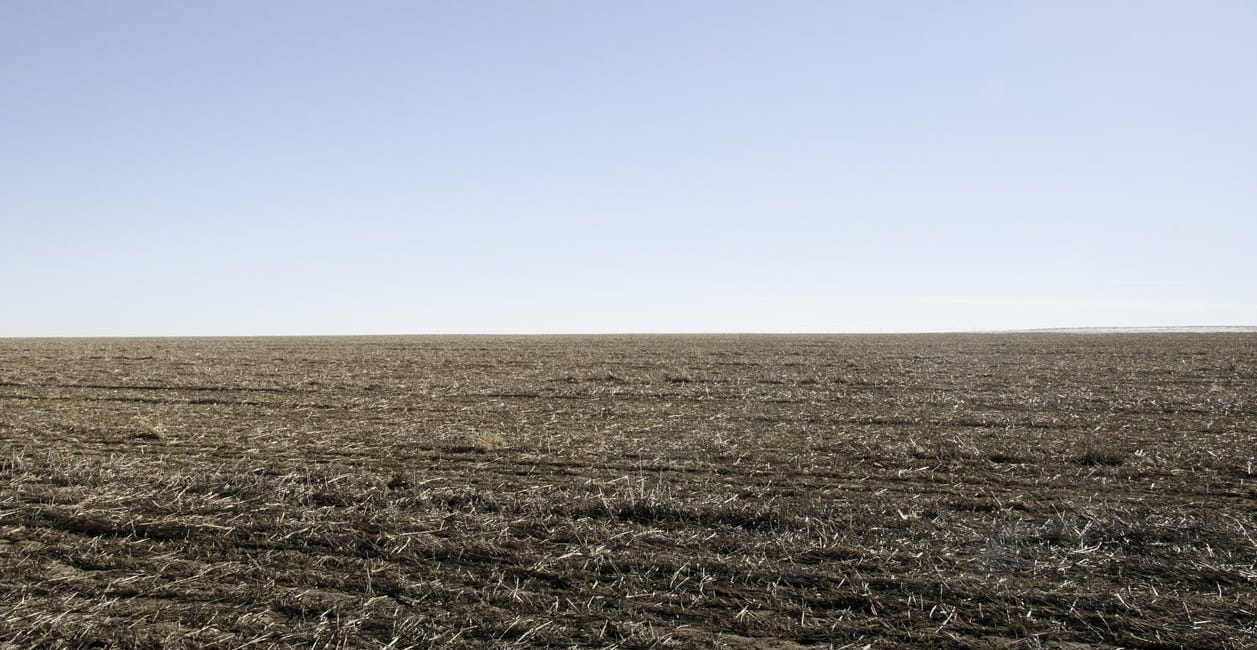Part 10, cont: Call for feedback
The timelessness of empathy, with reference to Le Guin's The Left Hand of Darkness and a Japanese folktale.
Dear Readers,
Chapters 59 and 60, which together form a short-story-within-the-novel and are free to read, conclude the tenth part of Quibble. Originally, this short story sat apart from the novel as a companion piece, “The Boy Who Fell in Love with Night.” I wrote the story while working on the fourth draft of Quibble in 2018. In the fifth draft, it found its way into the novel as the vision Alnasl’s back story.
Quibble, 59. Nahli (i)
59. Nahli (i) @Qahf
As Alnasl the Zero becomes Nuah the Far, a fraught history comes to light.
Quibble, 60. Nahli (ii)
60. Nahli (ii) @Qahf
Haunted by his treachery, Nuah becomes the boy who fell in love with night.
New people are now on the scene: the Far, technophobic nomads descended from the people who refused to go Within long ago. In the next part, “renum,” Quibble learns much more about the Far as she seeks some way to save a new friend, the jah Asreh, from the bloodthirsty Sen-aht-nah-lapi, who wields the whispering sword of the Sen, the sword by which Meissa nearly died in chapter 20, “Heretic.”
The Far — non-transhuman people like us — may seem a strange fixture in a science fiction novel. When I first wrote them into it, I wondered if I was leaving sci-fi behind and writing a fantasy novel instead. But I also felt I was following my literary polestar, Ursula K. Le Guin, in a vein of sci-fi informed by sociology and anthropology.
In the masterful The Left Hand of Darkness, Le Guin treks far afield from a rocket-ship premise to explore the social customs, religions, and values of the planet Gethen, all seen from the perspective of the Terran envoy Genly Ai. Le Guin incisively uses Genly as a cultural and biological outsider to contrast Gethen with Earth. What she finally unearths for us, though, is the common humanity between peoples separated by eons of evolutionary speciation, which of course has given rise to sociological divergence, too. The Gethenians’ ambisexuality — they alternate sexes and gender roles — makes them seem utterly alien to Genly, but once he befriends the well-meaning politician-cum-exile Estraven, he learns to see past this difference. Contrast leads to comparison, and as a result, the story blossoms into a drama of learned empathy.
I’m aiming for something of the same sort, only with my own stamp, my own angles, my own set of topical concerns. I can’t top Le Guin, but I hope to match her. And that, more or less, is the thematic schema for everything new in the rest of Quibble. Yes, it’s as simple as that. I’m only making it as complicated as it needs to be. This story began as a quest for human connection and empathy, and that’s how it ends.
Empathy?! some of you may be asking now. That’s your basic point? How trite!
Look around you. Look at what’s becoming of a world that’s forgotten to empathize, what’s becoming of people who believe empathy is outmoded and irrelevant. They’re turning into amoral monsters. And they’re trying to turn us all into amoral monsters, just so they can do as they please and not suffer anyone’s condemnation for it.
I believe the lesson of empathy is timeless, universal. You can find it in every culture’s literature, in our earliest stories and myths. It persists because the lesson must always be retaught. It’s not trite. It’s perennial.
My first encounter with the lesson of empathy was not in the pages of the Holy Bible, as you might guess given my Christian upbringing, but in the Japanese folktale called “Ooka and the Honest Thief.” Ostensibly, this story is about honesty and justice, but the human tale really resides in how the magistrate Ooka changes his mind about how to dispense justice to Gonta, the thief he’s caught. Recognizing Gonta’s plight, Ooka lays justice to one side and acts out of empathy. Gonta must earn Ooka’s forgiveness, and the magistrate doesn’t make that easy, but the telling thing about Ooka’s brand of justice is its nuance. He’s interested in people, not rules, so he can look past the letter of the law, see the people affected by it, and act with kindness towards all of them.
Right now, this story makes me think of the targeting of people whose only crime, per the letter of the law, was crossing a national border without permission. They’ve been labeled “criminals” for only this, and now the powerful use that as an excuse to round them up, deprive them of rights, and subject them to cruelty. If this is justice, it’s the most inhuman sort — the justice of people who don’t give a damn about other people. Or, as one woman told me about the death of a young girl in Gaza, “I don’t give a rat’s ass!” The prevalence of this attitude — caring only about one’s own priorities and not giving a rat’s ass about how they affect anyone else — is why I believe empathy is only the more desperately needed now. It’s just out of style, not out of season.
We all have to plant our gardens in the soil that’s native to us. I didn’t choose this soil, but it’s mine. The poet Seamus Heaney wrote:
Between my finger and my thumb
The squat pen rests.
I’ll dig with it.
What garden are you planting?
In kindness,
Joshua




